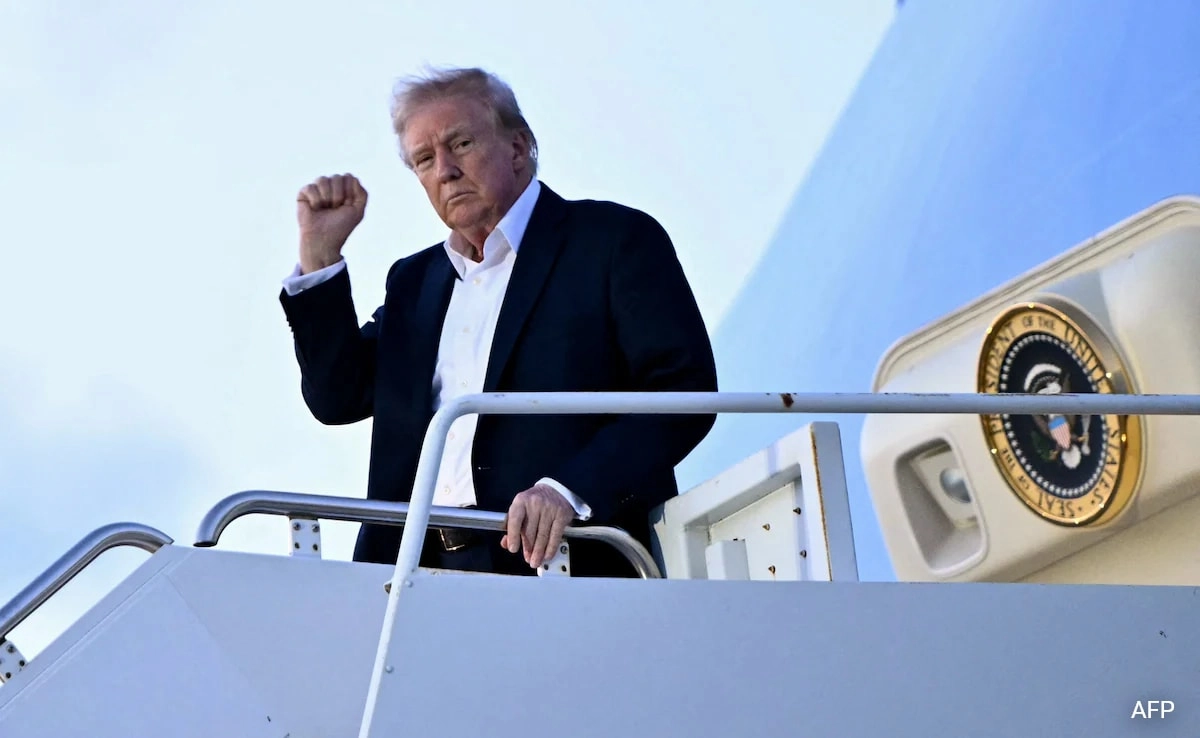In a lighthearted encounter between Canadian Prime Minister Justin Trudeau and former President Donald Trump, Trudeau made headlines with a playful remark about his choice of attire. During their meeting, Trudeau quipped, “I wore red for you,” referencing the color commonly associated with Trump’s political branding. This humorous comment not only lightened the mood of their discussion but also showcased Trudeau’s ability to engage in banter with international leaders, even those with whom he has had a complex relationship.
The meeting itself was significant, as it came at a time when the two countries were navigating various diplomatic challenges. The relationship between Canada and the United States has historically been strong, but it has faced its share of tensions over trade, environmental policies, and border issues. Trudeau’s jest served as a reminder that, despite political differences, leaders can find common ground through humor and camaraderie. This moment highlighted the importance of personal connections in diplomacy, especially in a world that often feels divided.
Trudeau’s playful remark was also a nod to the broader context of political interactions, where humor can sometimes diffuse tension and foster a more cooperative atmosphere. It illustrated how informal exchanges can complement formal negotiations, allowing leaders to build rapport. As both leaders discussed pressing matters such as trade agreements and climate change, moments of levity like this can pave the way for more productive conversations, demonstrating that a shared laugh can bridge significant divides in political dialogue.
Overall, the meeting between Trudeau and Trump, marked by Trudeau’s witty comment, underscored the complexities of international relations. It highlighted how personal relationships and a sense of humor can play crucial roles in diplomacy, reminding us that behind the political façade, leaders are human too, capable of connecting over shared experiences and light-hearted moments. Such instances serve as a reminder that maintaining open lines of communication, even amid disagreements, is vital for fostering cooperation and understanding on the global stage.




